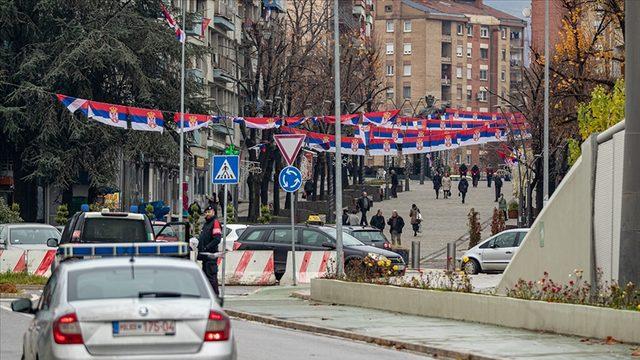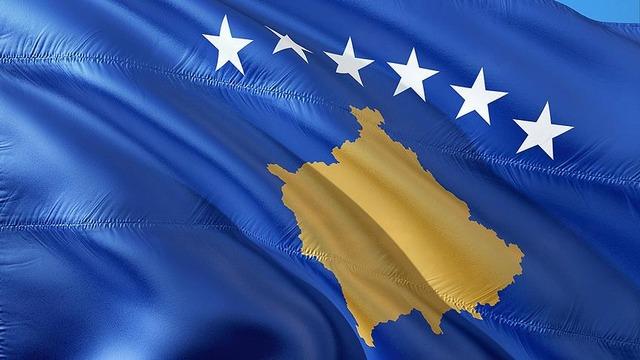In 2012, European Union (EU) institutions tasked Kosovo to fulfill 95 criteria in order to have the right to visa-free travel. The process was blocked many times due to Kosovo’s failure to meet some criteria and the EU side’s reluctance to add new criteria.
According to AA, the EU side also used visa-free travel as “bait” or “reward” for the steps it wanted Kosovo to take on many issues, including its dialogue with Serbia. Kosovo politicians also cited gaining the right to visa-free travel as the main promise in the campaigns of all elections held during the period.
Approximately one in every three citizens of Kosovo lives in European countries, and therefore visa exemption for Kosovars means much more than a touristic visit.
During this period of more than 10 years, Kosovars could not be with their first-degree relatives at their most special moments such as births, weddings, graduations and condolences, or, according to research conducted by local institutions, they spent “hundreds of millions of euros” in total and applied for visas without knowing what kind of response they would receive.
Even the country’s well-known professionals in many fields, including sports, arts and cinema, and students who are entitled to study at important European universities often received a rejection response from their visa applications.
After the integration into EU institutions gained momentum after the Russia-Ukraine war, Kosovo was able to receive a positive response from EU institutions for visa-free travel in the first half of 2023, after many EU countries, especially Germany and Austria, convinced pessimistic countries such as France and the Netherlands.
Western Balkan countries Serbia, Montenegro and North Macedonia gained the right to travel to the Schengen area without a visa in 2009, and Albania and Bosnia and Herzegovina in 2010.
MIGRATION PROBLEM
The Kosovo government carried out campaigns in November and December to prevent or at least reduce the expected labor migration after the date of January 1 was finalized. It is estimated that especially young people will migrate to EU countries after the visa-free travel opportunity begins.
Kosovo, which faced mass migration to EU countries in 2015 and 2016 due to the fact that the standard of living was not at the desired level, is trying to inform its people about the rules of visa-free travel in order not to lose the gains that have come after years of efforts.
Immigration, which is currently one of the important problems of the country, may come to light with the start of visa-free travel and the announcement of the results of the census to be held in April.

HE SUBMITTED HIS EU MEMBERSHIP APPLICATION 1 YEAR AGO
It is estimated that the country will become even closer to the EU after the visa-free travel decision is implemented. Although a year has passed since Kosovo submitted its EU membership application, it has not received a positive response in this regard.
After Georgia was granted EU candidate country status in November, Kosovo remained the only country that applied to the union but still did not receive candidate country status.
Following the tensions in the north of Kosovo throughout 2023, the EU imposed some punitive measures on the country. In particular, the measures prevent the country from benefiting from EU funds in several areas.
Kosovo leaders state that they are doing their part to lift the measures and demand that these “unfair” measures be lifted as soon as possible.
Leaders also hope to receive support from EU countries for Kosovo to become a full member of the Council of Europe and become a member of the Partnership for Peace programme, a prerequisite for NATO membership. (AA)

